5 Big Technology Innovations: IBM Unveils How They Will Transform All Our Lives
2 July 2021
Each year researchers at IBM list “5 in 5” – five ways in which technology will change the world in the next five years. This year, the overarching theme is on feeding the world by using technology to reduce hunger and waste.
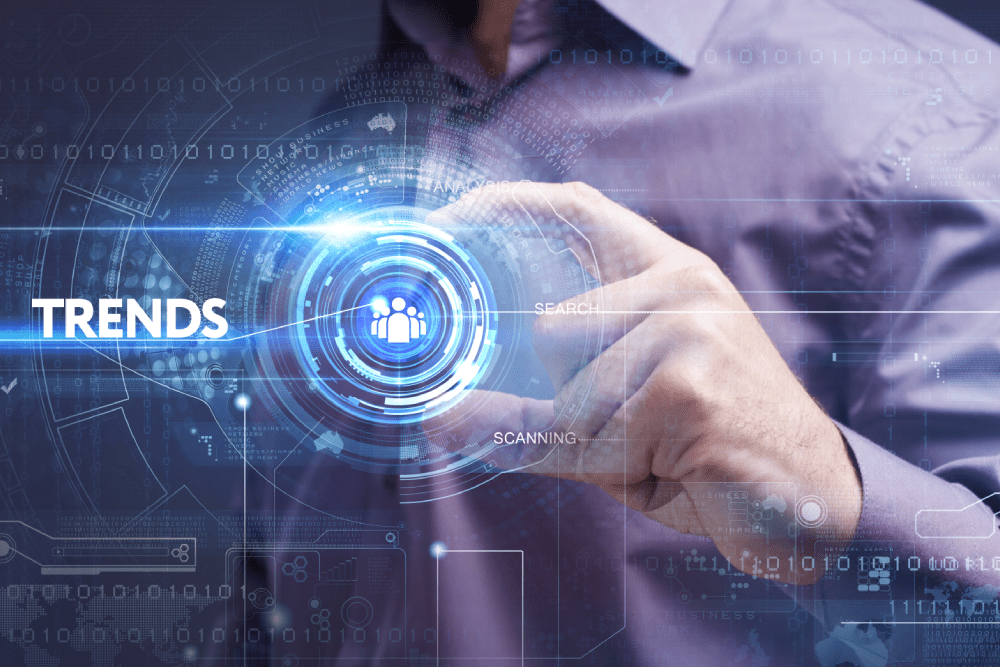
At the same time, some 45% of the world’s food supply is currently lost to waste. So, does technology hold the key to solving the planet’s food crisis?
Here are five technological solutions being proposed, which will be discussed at IBM Think conference in San Francisco, which starts today.
From tiny seeds, digital twins can grow
The concept of building digital twins to enable us to learn from simulations has taken hold in industry, and in agriculture too, it holds a great deal of promise.
Highly accurate sensors and data-gathering technology allow increasingly detailed and close-to-reality simulations to be constructed digitally, to experiment with new methods of food production and increase efficiency and crop yields.
At the same time, the ecological impact of farming can be monitored and minimised, by allowing us to achieve a better understanding of the interactions between agriculture and the natural environment.
Governments, growers, agricultural equipment providers and food distributors such as supermarkets will all be involved in this process and will be able to gather and share data with each other through their own digital twin simulations.
The seeds of this revolution can already be seen in action thanks to initiatives such as John Deere’s FarmSight system which allows farmers to generate and share data-driven insights to improve crop yields.
A bountiful blockchain harvest
Blockchain and distributed ledger technologies allow those involved in the food supply chain to closely monitor and track the journey of food, from seed to plate. With real-time analytics enabling a deeper understanding of how food moves through the food chain, and where wastage occurs, growers can make more informed decisions around what quantities should be planted, and distributors will know with more certainty where there are likely to be shortages and surpluses.
IBM’s own Food Trust is one initiative being rolled out in this field – building a secure, tamper-proof and permanent record of transactions between growers, suppliers, distributors, and retailers. One way to picture the end goal of such a system is a network of sensor technology – beginning with capturing weights of food which is shipped from farms, and ending with an accurate record of the amount of goods which is disposed of by shops and supermarkets because it perishes before it can be sold. With this data, artificial intelligence systems can be developed to manage the distribution of food resources to wherever it is needed.
Microbiomes – Genetic analysis of bacteria and microbes
Just as technology evolves, so do the microbes such as bacteria that enter the human food chain. New advances in genetic analysis will make it possible to cost-effectively monitor and track the spread of these microbes and understand the impact they will have on human health worldwide.
Microbes including bacteria can enter the food chain at any point – in farms, factories, and grocery stores – increasing the quantity of food while also posing a health risk.
Understanding how they travel and interact with the food chain will lead to further reductions in food waste and lessen the human cost of illness due to contamination.
Breakthroughs which will be explored in this area are likely to include IBM’s Consortium for Sequencing the Food Supply Chain, which has spent the past ten years building the world’s most complete microbial genome database, which it is now working on making accessible to academic partners.
AI “dinner plate detectives.”
This is another technological initiative aimed at disrupting the damage that can be caused by food-bourn pathogens. This involves deploying artificial intelligence enabled sensors – perhaps in the home, through mobile devices – which can detect dangerous bacteria such as e. Coli or salmonella.
Already in development by IBM scientists, mobile bacteria sensors aim to reduce the time taken for testing for the presence of dangerous pathogens from days to seconds.
These developments aim to reduce the human cost – particularly in areas of the developing world where poor access to antibiotics and medical care mean outbreaks can be disastrous.
Taking in the trash – a revolution in recycling
Advances in recycling technology mean increasingly efficient ways of breaking up plastics and man-made polymers are continually being developed.
Along with increasing public awareness about the pollution being caused by our reliance on disposable plastic, advances in this field will cut the damage to the ecosphere as well as reduce the environmental cost of the production of plastics.
Technological innovations here include new methods of catalytic polymer “digestion” such as VolCat, which involve developing chemical processes to more effectively break down plastic refuse into a state where it can be fed back into the manufacturing process.
This will mean a decrease in the fossil fuels used to create “new” plastic, as well as reduced carbon emissions from the chemical processes.
IBM’s Think 2019 conference will take place from February 12 to 15, and you can watch all these ideas being discussed live here.
Related Articles
Dreamforce 2025: Why I’m Excited About Salesforce’s Agentic Enterprise Revolution
By now, “smart” versions exist of just about every home appliance, gadget and gizmos we can think of. However, manufacturers continue[...]
The Top 5 Technology Trends For 2026
By now, “smart” versions exist of just about every home appliance, gadget and gizmos we can think of. However, manufacturers continue[...]
Dreamforce 2025: Why I’m Excited About Salesforce’s Agentic Enterprise Revolution
By now, “smart” versions exist of just about every home appliance, gadget and gizmos we can think of. However, manufacturers continue[...]
Robots And AI Are Rewriting The Future Of Surgery
By now, “smart” versions exist of just about every home appliance, gadget and gizmos we can think of. However, manufacturers continue[...]
Space, AI, And The Future Of Human Potential
By now, “smart” versions exist of just about every home appliance, gadget and gizmos we can think of. However, manufacturers continue[...]
Invisible Intelligence: Nokia’s Networks With A Sixth Sense
By now, “smart” versions exist of just about every home appliance, gadget and gizmos we can think of. However, manufacturers continue[...]
Sign up to Stay in Touch!
Bernard Marr is a world-renowned futurist, influencer and thought leader in the fields of business and technology, with a passion for using technology for the good of humanity.
He is a best-selling author of over 20 books, writes a regular column for Forbes and advises and coaches many of the world’s best-known organisations.
He has a combined following of 4 million people across his social media channels and newsletters and was ranked by LinkedIn as one of the top 5 business influencers in the world.
Bernard’s latest book is ‘Generative AI in Practice’.




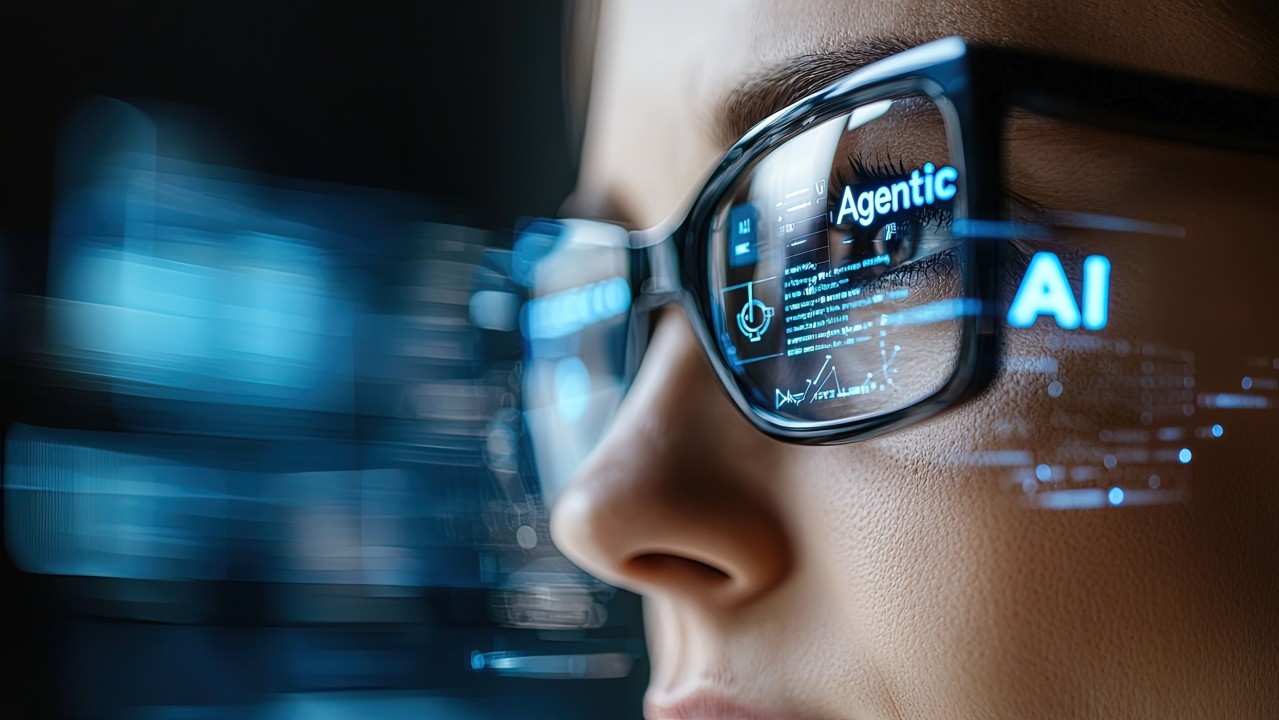

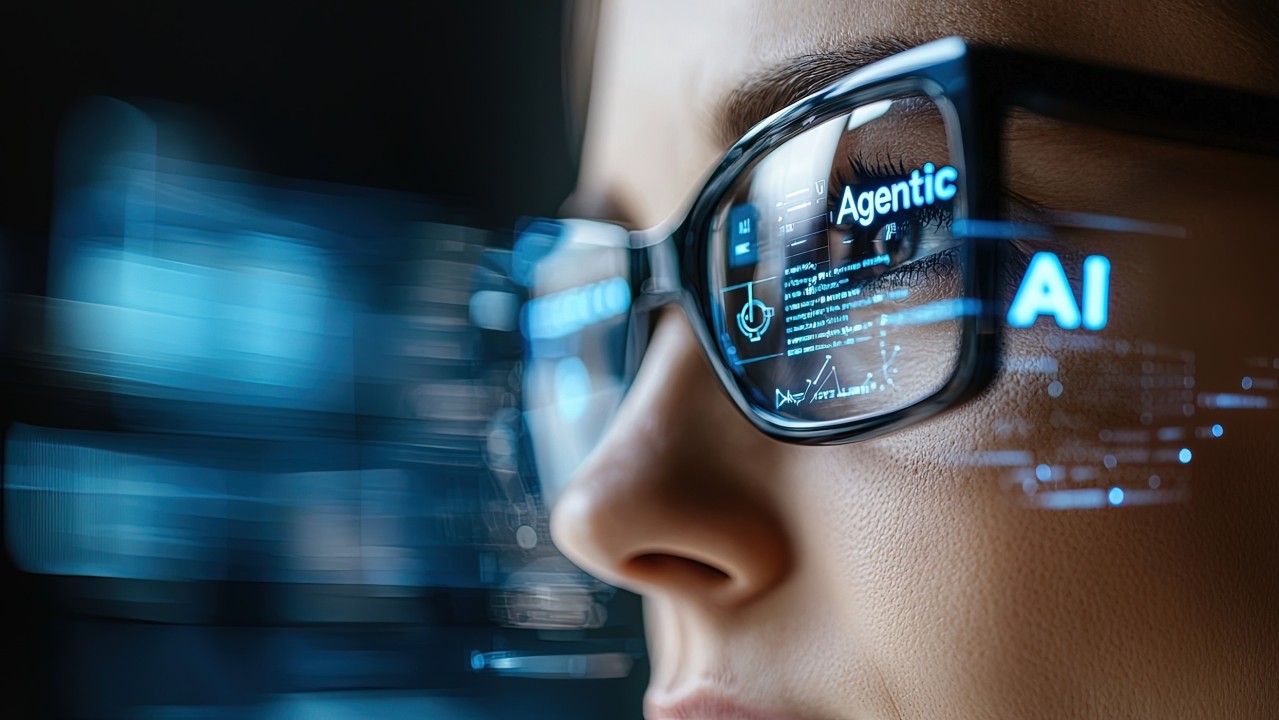
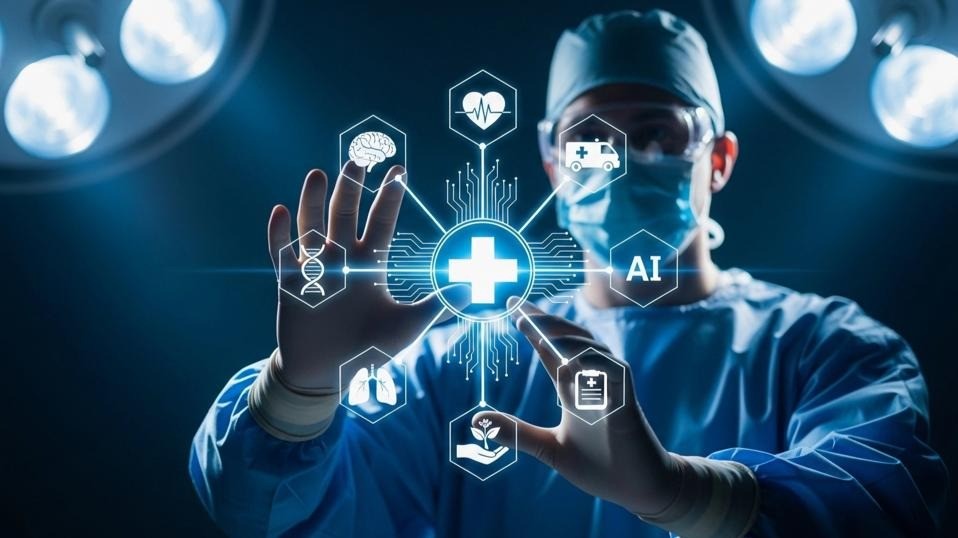
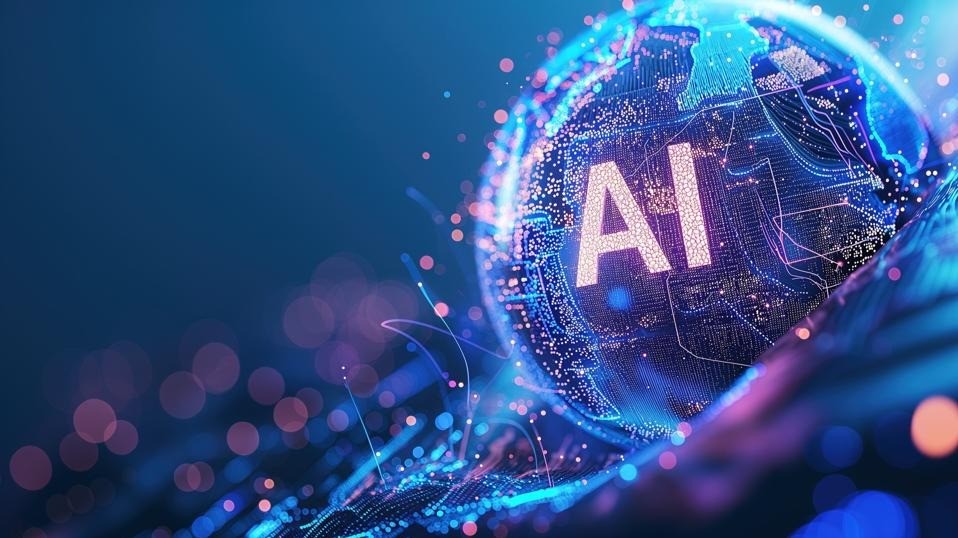

Social Media